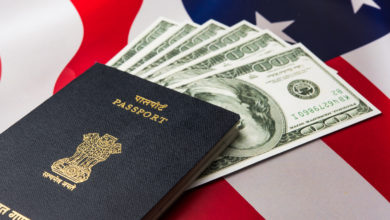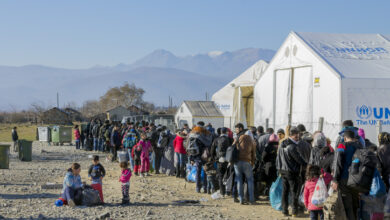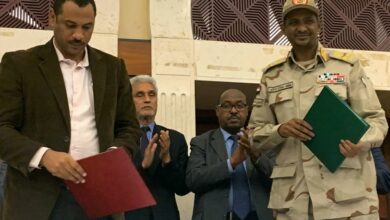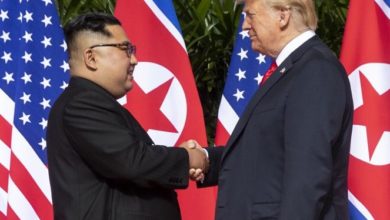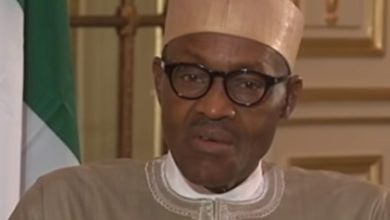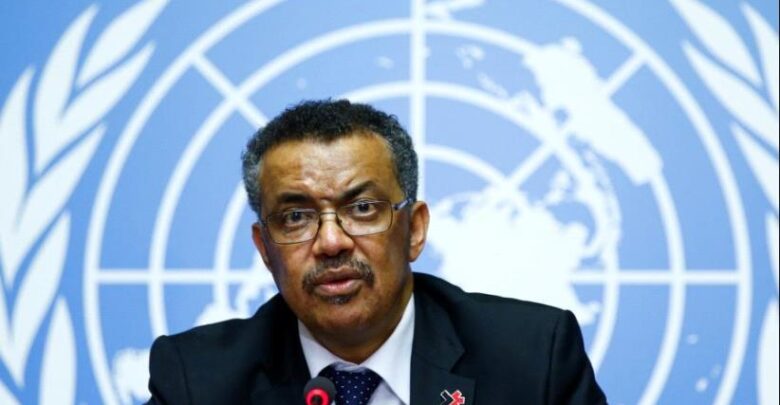
The World Health Organization’s (WHO) Director-General Tedros Adhanom Ghebreyesus on Monday said the world has already a situation of vaccine apartheid, highlighting the vaccination gap between high-income countries and low and lower-middle countries, reported Business Standard.
“I think I would go one step further and say not just that the world is at risk of vaccine apartheid; the world is in vaccine apartheid,” Ghebreyesus said while speaking at the Paris Peace Forum Spring Meeting.
“As you know, high-income countries account for 15 percent of the world’s population but have 45 percent of the world’s vaccines. Low- and lower-middle countries account for almost half of the world’s population but have received just 17 percent of the world’s vaccines. So the gap is really huge,” he said.
The WHO chief said that at least 63 million doses of vaccines have been shipped to 124 countries and economies, but they represent just 0.5 percent of the combined population of those nations.
He also noted that the basic problem of vaccine inequity among different countries was a lack of sharing. He said the problem could be resolved by sharing financial resources to fully fund the Access to COVID-19 Tools (ACT) Accelerator, sharing vaccine doses with COVAX, and sharing technology to boost the manufacturing of vaccines.
“Even now, some high-income countries are moving to vaccinate children and adolescents, while health workers, older people, and other at-risk groups around the world remain unvaccinated,” said Ghebreyesus.
The COVAX initiative, which supplies coronavirus vaccine doses to poorer countries, relies heavily on India’s Serum Institute’s exports of the AstraZeneca shots.
Meanwhile, on Monday, the head of UNICEF appealed to wealthy G7 member countries ahead of a summit next month to donate supplies as an emergency measure to make up the shortfall estimated at 140 million doses by end-May.


